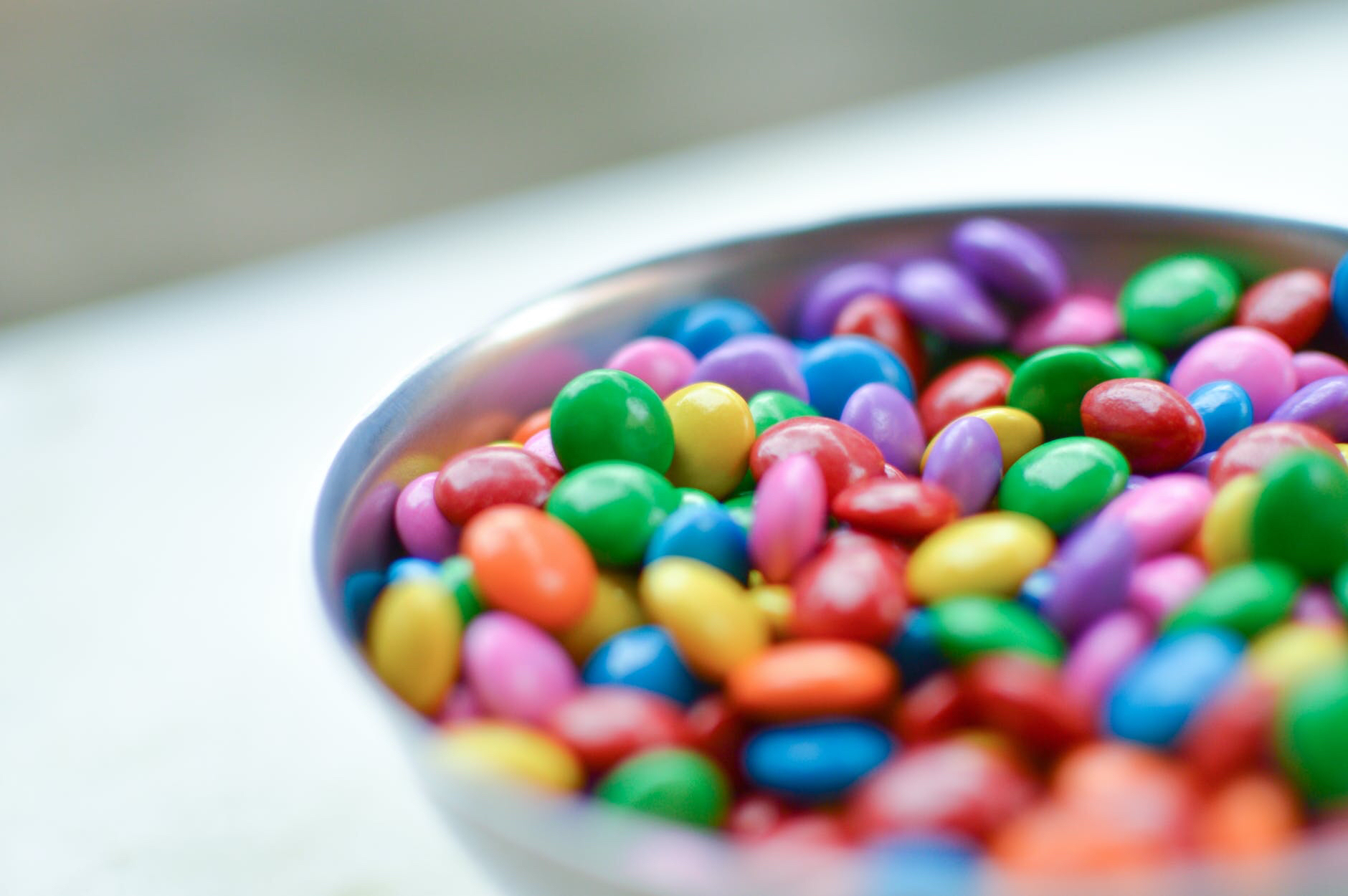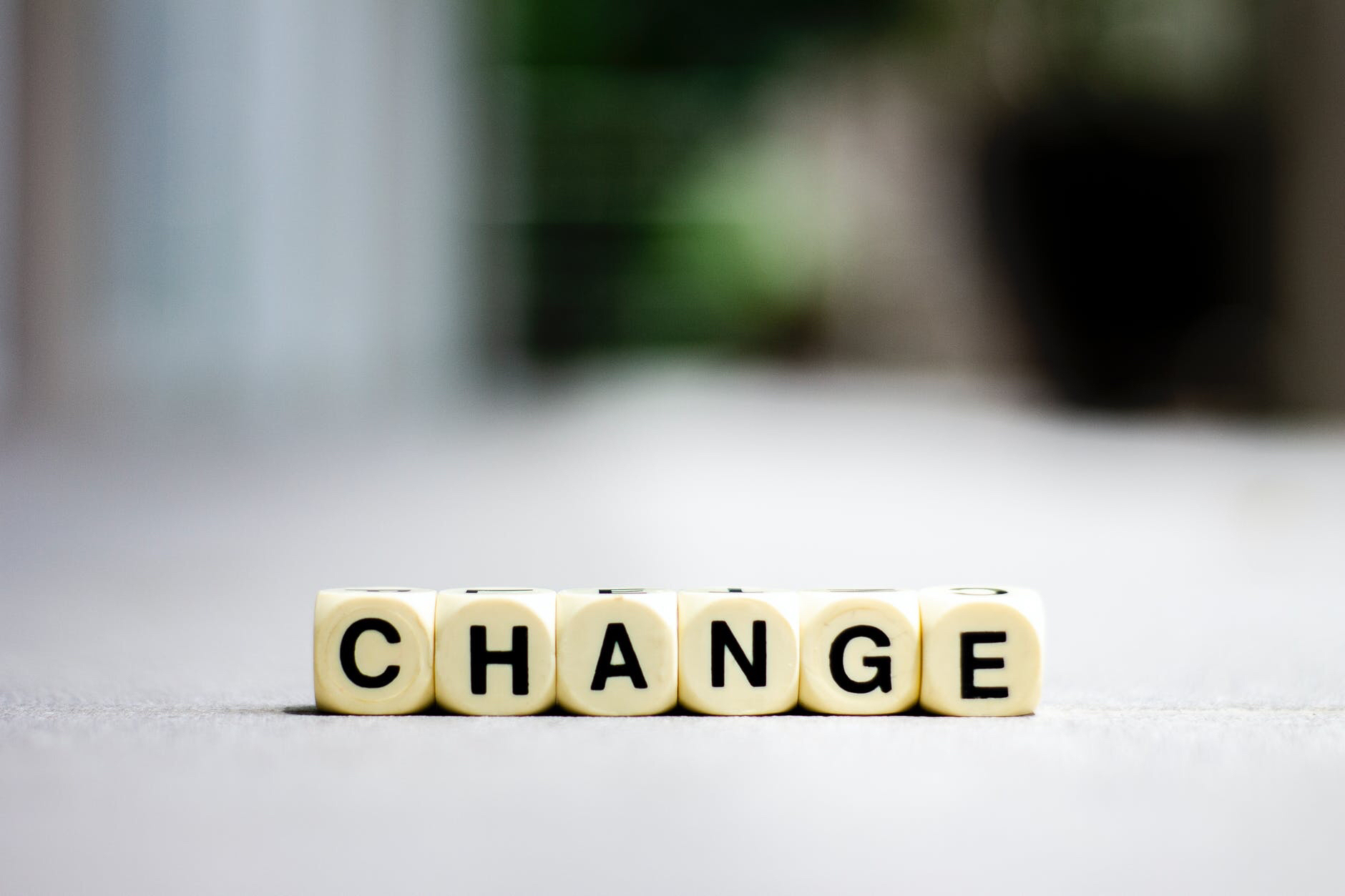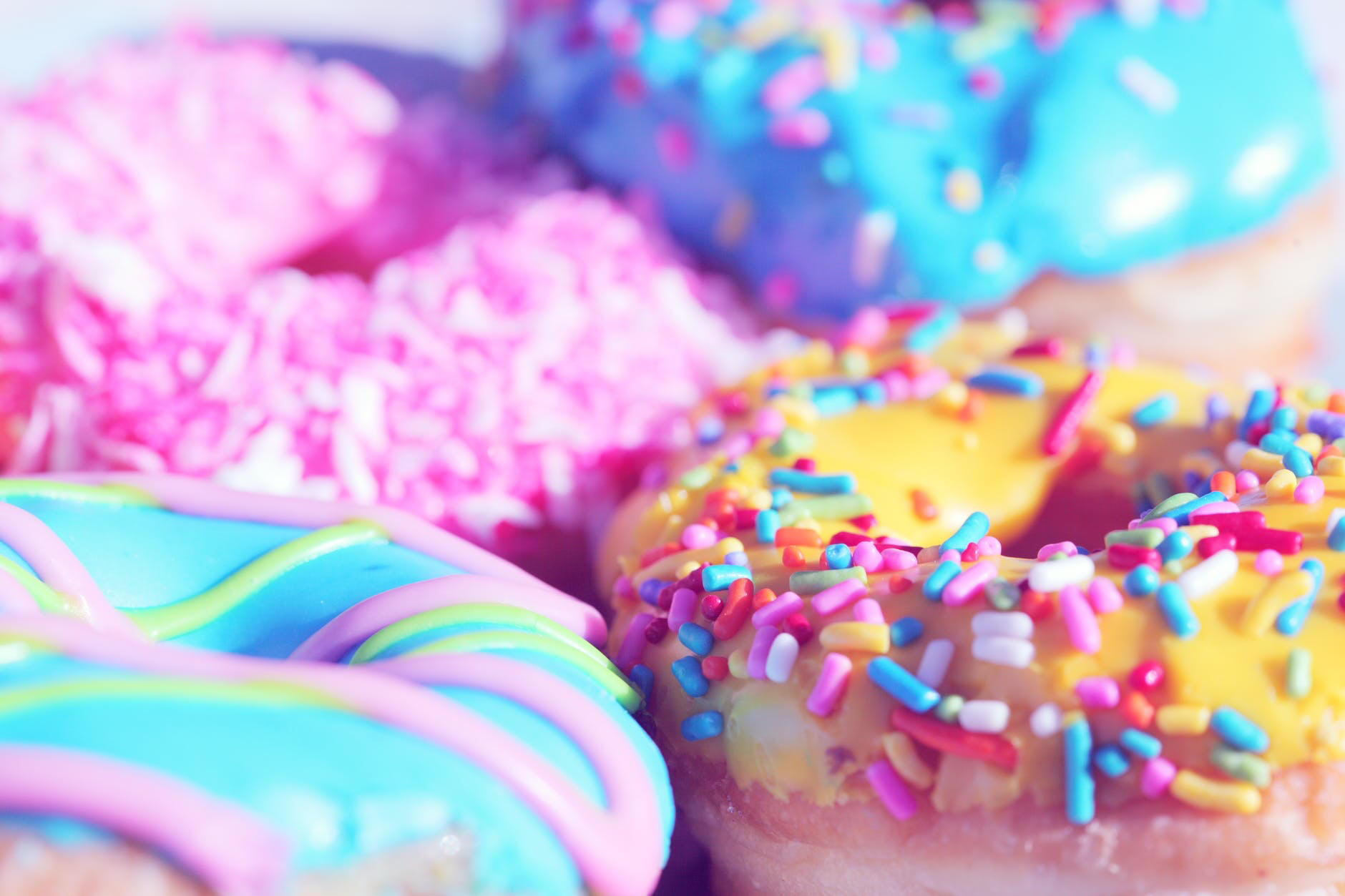Tag: binge eating disorder recovery
-
Sunshine through the rain
I’ve been crying a lot lately. So much that I even caught myself crying on camera. But the shocking thing to me is not that I cried. It’s that I allowed the camera to keep rolling, then posted it online. I pushed myself so far out of my comfort zone that I showed my vulnerability,…
-
I binged today. Here’s what I learned.
I say I’m in recovery from BED for a reason. It might be over four months since I last binged, I may be succeeding in my intuitive eating journey, but at times of stress, I still sometimes return to those thoughts and behaviours that sustained me since childhood. Today was one of those times. I…
-
Learning to live with anger
Of all the emotions I buried with food, anger was the one that scared me the most. It seemed so destructive, so terrifying. I had this image of myself exploding with fury and releasing vitriol on such a scale that I would destroy everyone and everything around me. This, of course, was to be avoided…
-
Who Am I Without My Eating Disorder?
I was around 8 years old when I developed binge eating disorder symptoms. Those behaviours continued for 40 years, sometimes with purging, and with varying levels of restriction. Sometimes I went for a while without bingeing. But basically, BED (and all the other stuff that goes along with it) has been a constant throughout my…
-
It’s been 2 days since I bought a tub of ice-cream and I haven’t eaten it
I should explain. Ice-cream is my ultimate binge food. Not in the way that movies portray it, that cliche where the skinny actress turns to it after a breakup. No, for me it was much more than that. It was capable of consuming my every waking thought. On a bad day, I would plan my…
-

The BED Post blog is a year old
November 2020. A global pandemic. Dark evenings. Boredom. And I decided it was time. Time to tell my story, on my own terms. Time to take what I had learned challenging stigma as a mental health champion in the real world. Time to face my fears and go online. I googled “how to start a…
-

Am I addicted to sugar?
This week, Richard Osman opened up about what he referred to as food addiction, and it got me thinking: am I a sugar addict? There have been times is my life when I’ve wondered if I’m addicted to sugar. Pretty much every binge I’ve ever had contained at least a sweet component, anything from cereal…
-

Avoidance
It’s been a few weeks since I last wrote a post. I’d convinced myself that I’ve been too busy. And it’s true, a lot has happened since I visited my parents. I’ve started a new job, which has meant a lot of new things to learn. I’ve started physiotherapy, and been diagnosed with fibromylagia. I…
-
A Family Christmas
Those of you who follow me on Instagram will know I’m in Australia at the moment. I’m here staying with relatives. Later this week, my parents will be joining us, and I will be celebrating my first family Christmas since I began my recovery journey. Christmas isn’t actually the reason I’m here. I travelled all…
-

On ultra processed foods.
Let’s talk ultra processed foods from an eating disorder lived experience perspective. I’ve recently heard talk about how the vast majority of binge foods for people with an eating disorder are ultra processed foods, and that they may be to blame for the rise in eating disorder presentation. Now I can’t comment on the statistics,…